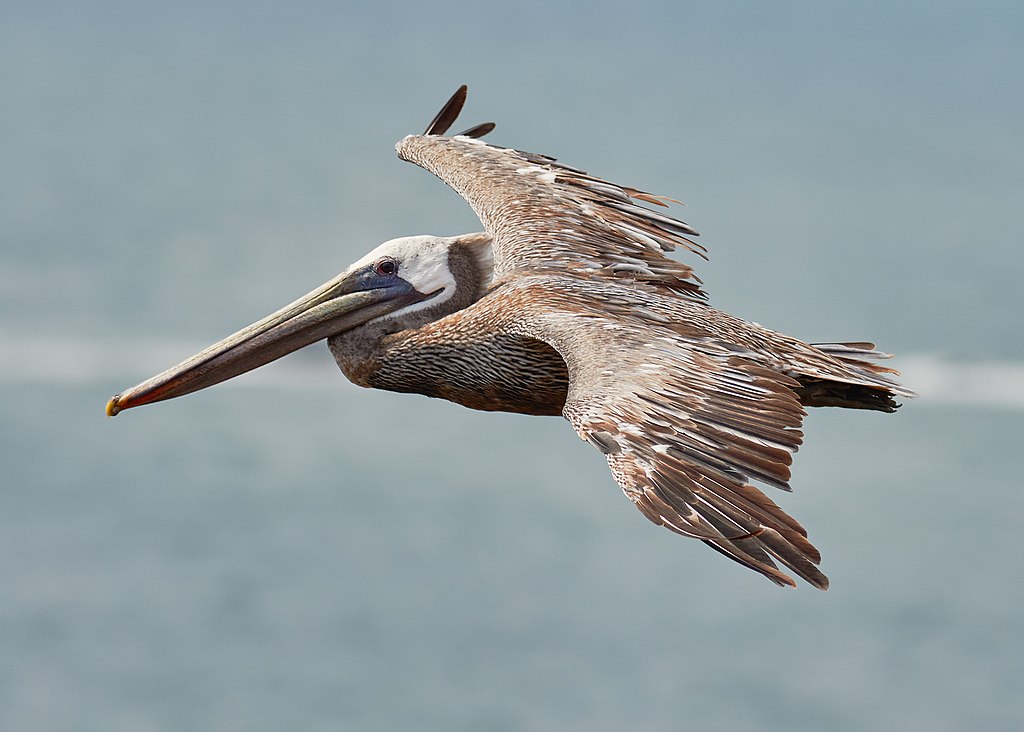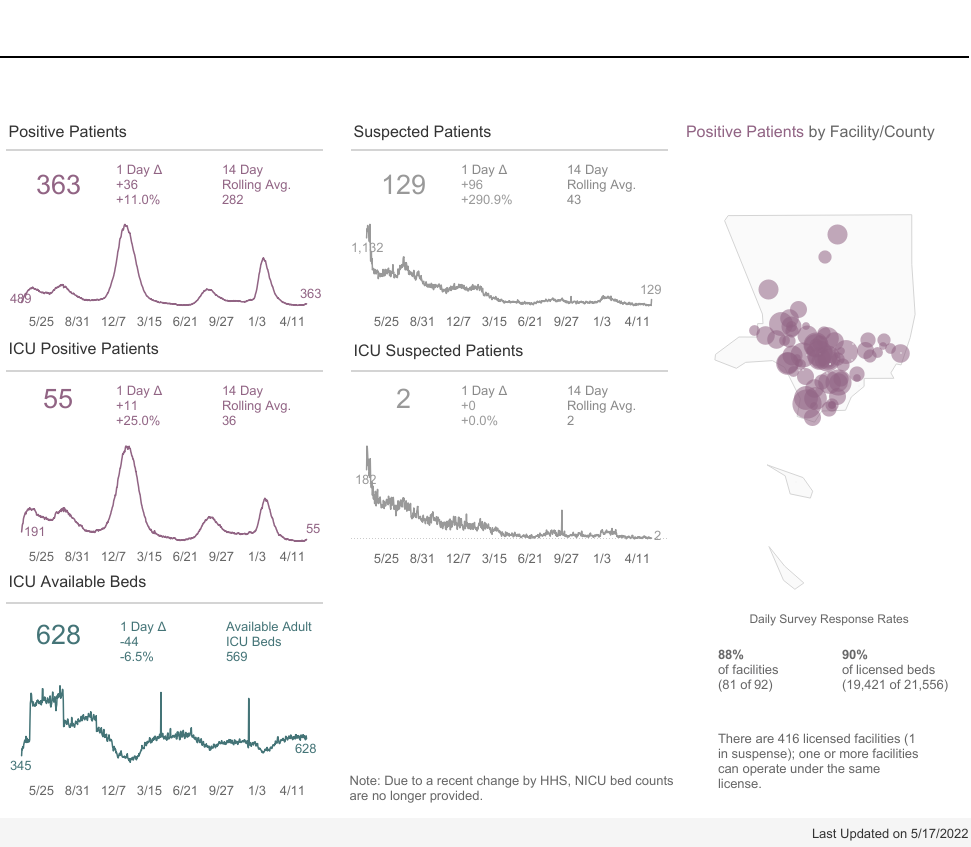A Southland wildlife center is being inundated with sick and injured Brown Pelicans, with more than 55 patients arriving in the past four days and more expected this week, officials said Wednesday.
“We’re seeing a mix of fledglings, second-year birds and mature adults, which makes me think it could be a food supply issue rather than a simple influx of starving fledglings,” said Dr. Rebecca Duerr, director of research and veterinary science for Bird Rescue’s Los Angeles Wildlife Center in San Pedro.
Officials with the global conservation organization say several of the birds in the latest group came in with multiple fish hooks, but some have been hit by cars or have fractures for unknown reasons. A few are just cold and starving.
“Birds in a changing world face new challenges which take time to research and understand. In this case, Bird Rescue suspects that part of the problem is a lack of available fish stocks leading to birds failing to find enough to eat or taking extra risks when foraging for food,” a Bird Rescue statement said. “That, combined with a new crop of young pelicans having to learn to feed themselves, may explain the current influx.”
Brown Pelicans were added to the endangered species list in 1970 due to exposure to DDT and then removed in 2009. In 2010 and 2012, Bird Rescue’s wildlife centers saw similar inundations of Brown Pelican patients.
“Rescue efforts like in 2010 and 2012, and the one we’re undertaking now help keep pelicans off the endangered species list,” Bird Rescue CEO JD Bergeron said.
“Thanks to our banding program, we recently spotted a former patient feeding its young four years after its release in the wild,” Bergeron added. “This proves that the hard work to save one bird at a time can affect future populations.”
Bird Rescue officials reminded fishers not to cast lines into groups of feeding birds to avoid snaring the birds. The public was also reminded to keep an eye out for pelicans landing in unusual locations such as along Pacific Coast Highway.
Those who find a pelican in need may contact International Bird Rescue’s helpline at 310-514-2573. After hours, they should contact their local animal control agency. For pelicans found in Malibu, call California Wildlife Center at 310-458-WILD (9453).
Donations for food and medical supplies for the birds can be made at www.birdrescue.org/donate/.







